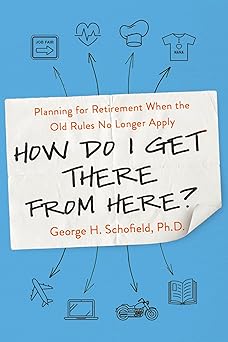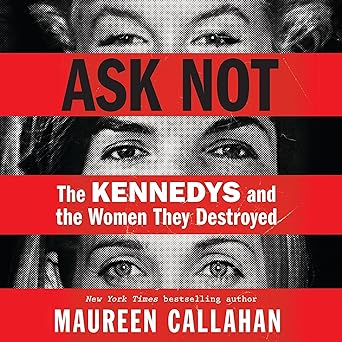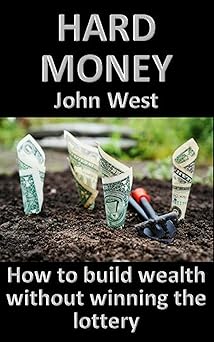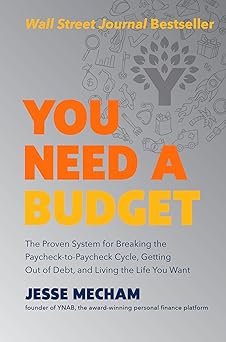Sometimes, I look back at my younger self and just want to give her a hug. She was so worried, so stressed about money. It felt like a constant weight, a shadow hanging over everything. I remember nights spent tossing and turning, wondering how I’m ever going to manage. I felt powerless. Then, slowly, I started learning. I picked up a few books, listened to some podcasts, and started making small changes. And you know what? It made a difference. Not a huge, overnight transformation, but a steady, reassuring shift.
I started to feel less scared, and more in control. That’s what I want for you and our book club. I’m not promising a get-rich-quick scheme – those never work. But I am offering a collection of books that can provide you with the tools, the understanding, and the confidence to build a brighter financial future. This isn't about complicated formulas or confusing jargon. It’s about simple, powerful ideas that anyone can use, regardless of where you are on your financial journey. Let’s dive in together and unlock those possibilities.
The Psychology of Money: Timeless lessons on wealth, greed, and happiness
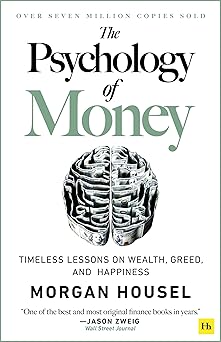
I still remember the first time I met someone who had amassed a fortune, only to struggle with financial decisions that seemed simple to me. It was a turning point in my life, as I realized that making sense of money wasn't just about numbers, but about how our minds and behaviors interact with money. The Psychology of Money is a book that explores this idea, sharing 19 short stories that illustrate how people think about money and how we can make better sense of it. The author, Morgan Housel, argues that our personal history, unique perspectives, and even our egos play a significant role in shaping our financial decisions. What I found fascinating about this book is how it challenges the conventional wisdom that financial decisions can be reduced to mathematical formulas. Instead, Housel shows how our emotions, social influences, and even marketing tactics can influence our spending habits. As I read through the stories, I was struck by how universally applicable these lessons were, whether you're a high-achiever or someone who's just starting out. The book is a must-read for anyone looking to understand the psychological aspects of money, and how to make better financial decisions that align with their values and goals.
Discover this book on Amazon (affiliate link)
Just Keep Buying: Proven Ways to Save Money and Build Your Wealth
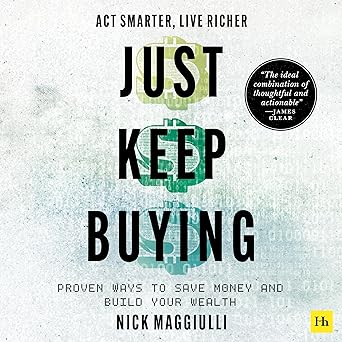
This book is a game-changer for anyone struggling with personal finance and investing. The author, Nick Maggiulli, is a finance blogger who has spent years studying the numbers and providing data-driven advice. He's on a mission to change the way we think about money and investing, and his book is the result. The book tackles some of the biggest questions people face when it comes to their finances, like how to save, invest, and grow their wealth. What's unique about this book is that it challenges many of the conventional wisdoms and myths that have been perpetuated by the financial industry. Instead of relying on anecdotal evidence or conjecture, the author digs deep into the data to provide proven strategies that readers can use to build their wealth. One of the most interesting insights in the book is that saving less than we think can actually be a good thing. By not saving as much, we can free up more money to invest in the market, which can lead to higher returns. The author also shares his own story of struggling with finances and how he eventually turned things around. He offers practical advice on how to survive (and thrive) during a market crash, and how to use the power of compounding to grow our wealth over time. Throughout the book, the author's tone is approachable and relatable, making it easy for readers to understand complex financial concepts. What I love about this book is that it's not just about the numbers - it's about the psychology and mindset behind making smart financial decisions. By taking a more evidence-based approach to personal finance, we can make better choices and build wealth in a way that feels sustainable and achievable.
Discover this book on Amazon (affiliate link)
Pillars of Wealth: How to Make, Save, and Invest Your Money to Achieve Financial Freedom
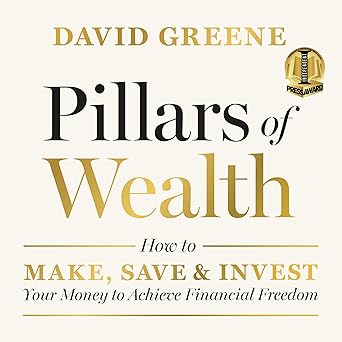
I still remember the feeling of being lost in a sea of financial uncertainty. I had a decent job, but I was barely scraping by, and I felt like I was stuck in a rut. It wasn't until I stumbled upon the right strategies and mindset that I was able to break free and start building wealth on my own terms. That's what this book is all about - a holistic approach to financial freedom that's been perfected by countless self-made millionaires. The author, David Greene, shares his personal story of building a multimillion-dollar net worth from scratch, and it's a game-changer. He shows you how to unlock your earning potential, adopt a budgeting system that works for you, invest in real estate, and find clever tax savings. But it's not just about the money - it's about creating a life of financial freedom and true security. Whether you're drowning in debt, swimming in cash, or floating in assets, this book will give you the tools and strategies you need to revitalize your wealth-building strategy and start building the life you've always wanted. By the time you finish reading this book, you'll know how to: Make more money every year with proven strategies Stop excessive spending and save your money with an effective budget Invest in real estate to grow your wealth Protect your money with clever and legal tax savings Replace your job with investments and achieve true financial freedom.
Discover this book on Amazon (affiliate link)
She's on the Money
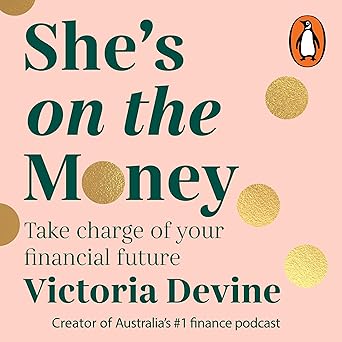
Victoria Devine, the creator of the phenomenally popular podcast She's on the Money, has built a community of women who are on a mission to achieve financial freedom. Her podcast is known for its honest, relatable, and non-judgmental approach to discussing money, which is exactly what sets this book apart. As some of us can attest to, money can be a daunting topic, especially when it comes to navigating the complexities of modern life. Victoria's guide is designed to be accessible to all, regardless of age, background, or financial situation. With clear steps and practical advice, she walks readers through the process of budgeting, paying off debt, building savings, investing, and even buying property. But what really sets this book apart is its focus on the psychology surrounding money. Victoria understands that money is not just about numbers, but also about values, habits, and confidence. Through real-life stories from members of the She's on the Money community, Victoria shares the struggles and triumphs of her listeners, inspiring others to take control of their financial futures. To help readers get started, the book comes with templates, activities, and a twelve-month plan that provides a clear roadmap for achieving financial independence. The result is a book that is both informative and motivating, offering a fresh perspective on how to approach our finances with more ease, confidence, and courage.
Discover this book on Amazon (affiliate link)
Building Your Money Machine: How to Get Your Money to Work Harder for You Than You Did for It!
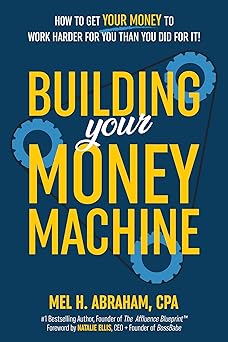
If you've ever felt like your finances are controlling your life, holding you back from experiencing the life you truly desire, then you're not alone. Building a system that works for you, not against you, can be a game-changer. This book offers a holistic approach to transforming your relationship with money, helping you to break free from financial stress and anxiety. The author shares their vision of a "Money Machine" - a powerful system that generates income that's no longer tied to your work or efforts - and provides a step-by-step guide on how to build this machine. By demystifying wealth creation through proven processes like The Wealth Priority Ladder and The Five Incomes, you'll learn how to earn, grow, and protect your wealth. The author also shares practical strategies and action steps to help you optimize your earnings and protect your assets. This book is not just for those who are struggling financially, but for anyone looking to live a more fulfilling life with financial freedom and peace of mind.
Discover this book on Amazon (affiliate link)
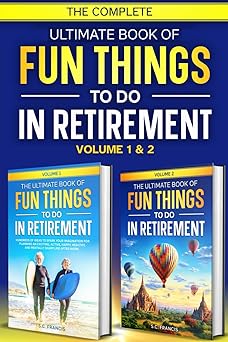
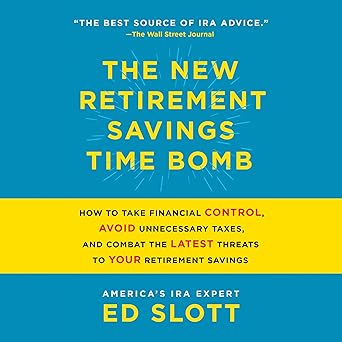
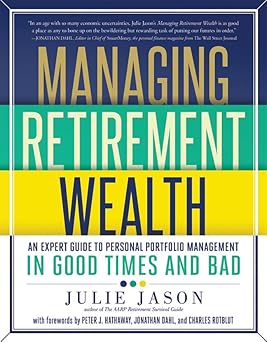
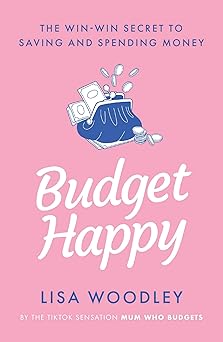
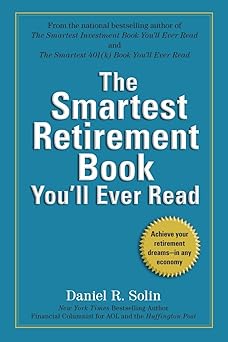
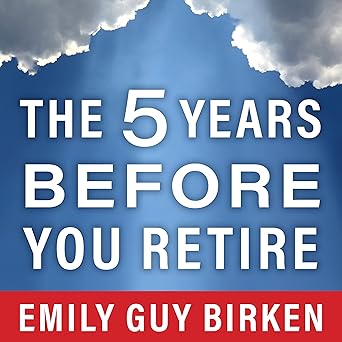
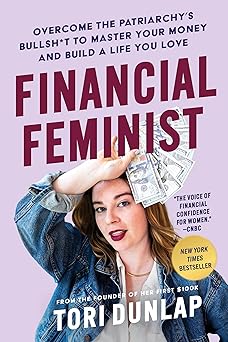
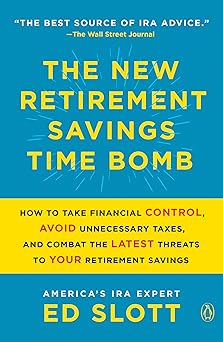
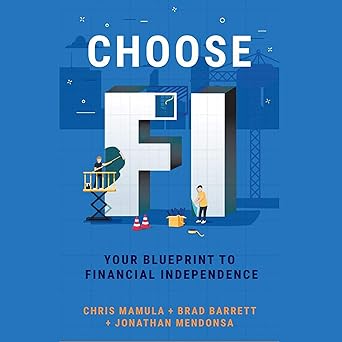
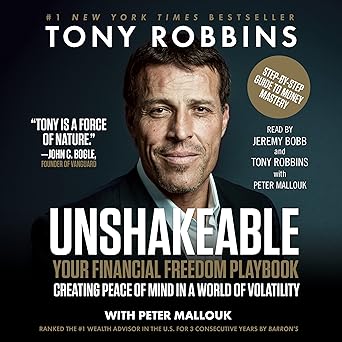

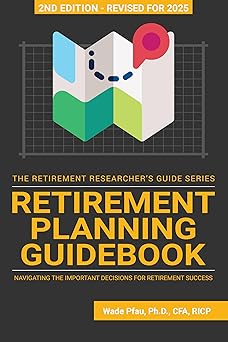
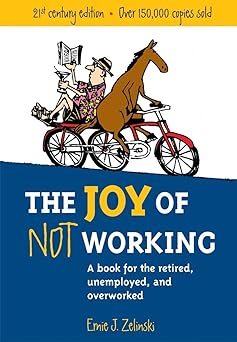
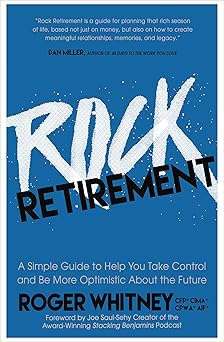
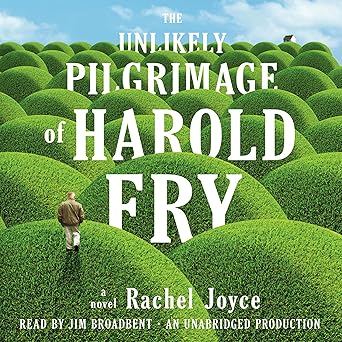
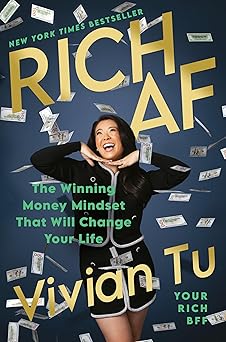



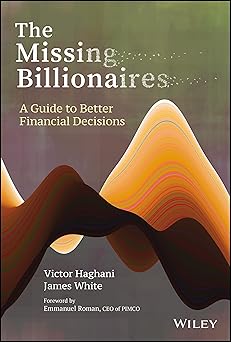
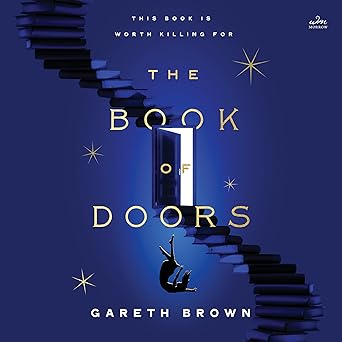
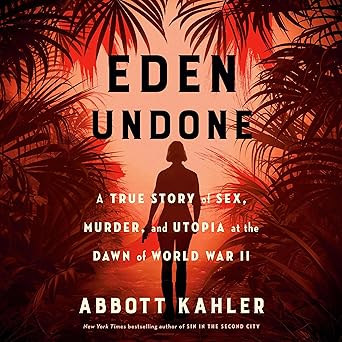
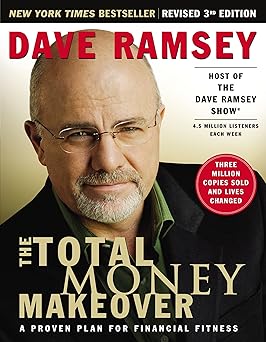

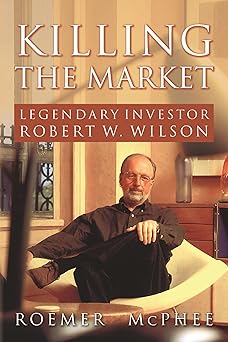
![House FIRE [Financial Independence, Retire Early]: How to Be a Red–Hot Real Estate Millionaire with a Wealth of Time and Money to Burn](/post/is-retirement-freedom-within-reach-essential-reading-for-a-secure-future/images/image_61EMzkFw40L._SY342_.jpg)
